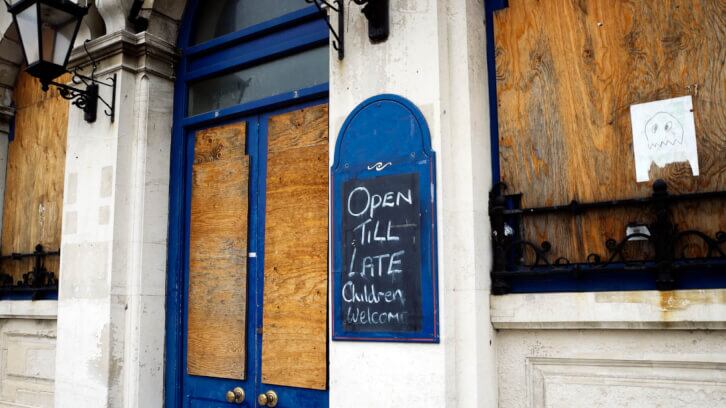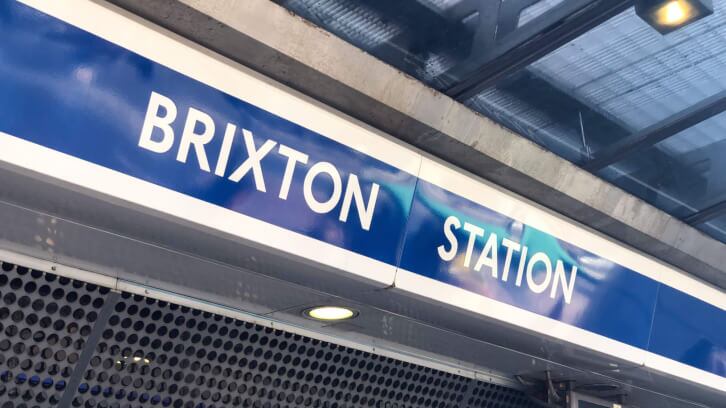Clearly against the backdrop of high inflation, soaring business costs and a challenging economic environment, the leisure & hospitality industry would have preferred the levy be scrapped altogether – it is another financial burden placed upon the sector.
However, putting aside that disappointment, for now at least, if we take a wider view the Government are clearly striving to sharpen a blunt instrument via these amendments.
As a reminder, the Government initially introduced the levy in October 2012, giving local authorities the power to raise revenue for the cost of policing the night time economy in their area through charging an additional annual fee to operators permitted to sell alcohol under their premises licence or club certificate for a period between midnight and 6am.
The levy fee runs from £299 to £4,440, depending on the rateable value of the property and whether the property is used exclusively or primarily for the sale of alcohol. There are a limited number of discretionary exemptions for certain premises and reductions for certain best practice schemes and for low-rated properties.
Lack of take up
Almost 11 years on and there has been a lack of take up from local authorities – currently only nine have the levy in place. Cheltenham, Southampton and Nottingham removed the levy they had in place in favour of a BID (business improvement district) which was considered a better and more flexible alternative.
A key criticism of the levy, and perhaps a reason local authorities have resisted the temptation to adopt it, has been the power was considered too blunt an instrument which lacked flexibility (applying to either the whole of a local authority’s jurisdiction including operators outside main city centres or otherwise not at all), unfair in terms of which businesses paid the levy and that the use of proceeds lacked transparency.
You may recall the House of Lords Select Committee’s report on the Licensing Act 2003 and developments in licensing published in 2017 suggested the levy had failed to achieve its objectives, was not an effectively targeted mechanism and perhaps should be abolished or at the very least reviewed.
To address criticisms the Government made changes to the levy through the Policing and Crime Act 2017 (and related Schedule 18) which include:
- giving local authorities the ability to charge the levy to late-night refreshment premises that serve hot food during the levy period alongside those permitted to sell alcohol, to assist with the cost of policing the night time economy. Note, local authorities will not be permitted to impose a levy solely on premises providing late night refreshment during the relevant late-night levy period. What this means is a levy in your area will always catch those premises who are permitted to sell alcohol during the hours specified in the levy and it may also, if the local authority decides, catch those premises providing late night refreshment, if they are not already caught by the fact that they also sell alcohol during those times.
- introduces flexibility to allow local authorities to ‘localise’ the Levy to certain areas rather than applying it to the whole local authority area, so it is more geographically focused on the perceived source of late-night problems, and to allow different late-night levy requirements to apply in different parts of its area;
- to give the local policing body (Police & Crime Commissioners (PCCs)) the right to request that a licensing authority formally propose a levy;
- requiring local authorities to publish information about how the revenue raised from the levy is spent.
It is these changes that are now in force.
Time will tell
Whether these amendments are enough to result in a renewed interest from local authorities previously put off by the inflexible nature of the levy only time will tell.
One stumbling block may be the use of BIDs, which many within the trade feel offer a more effective, targeted approach, where businesses are part of developing solutions which can target those areas of greatest concern and needs within a local authority area.
Importantly, all businesses within the BID area pay towards the BID as opposed to simply those premises licensed for sale of alcohol and/or late-night refreshment late at night, which can generate more money as a result compared to a levy.
This view is most evident in the case of Cheltenham where the levy was adopted but only collected half the revenue anticipated and was swiftly replaced with a BID. And mentioned above in both Southampton and Nottingham the use of the local BID was key in the decision to remove levy.
Will the levy 2.0 result in increased adoption of the levy? As they say, let’s wait and see.
- Suraj Desor is an associate solicitor for Poppleston Allen



